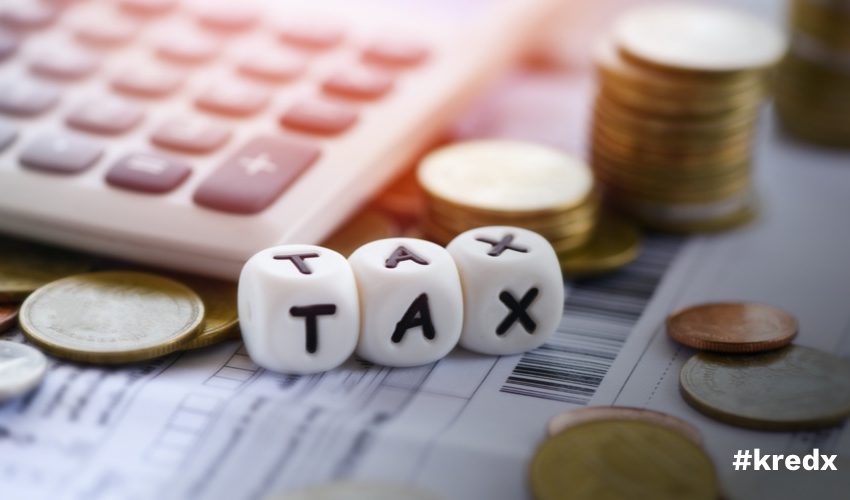
Is Filing Income Tax Return Mandatory?
Ever wondered why filing income tax returns is considered mandatory?
To begin with, it is mostly because of the financial and legal repercussions that result from its non-filing. On top of it, missing out on the perks of tax savings is another reason why taxpayers are suggested to file it on time.
Continue reading to find more on this topic!
Immediate Impact Of Not Filing ITR
When a taxpayer fails to file income tax returns, he/she is face the following consequences –
1.Penalties
As per Sec 271F of ITA, taxpayers must pay Rs. 5000 as penalty, if ITR is filed post-deadline but before 31st December of the designated year. However, beyond it, they have to pay Rs. 10000 as penalty. So, make sure to file your ITR before the deadline to avoid hefty penalties.
2.Interest Payment
As per Sec 234A of ITA, you will have to pay an interest of 1% on the portion of unpaid tax amount, until it is paid off entirely.
3.Losses Will Not Be Carried Forward
If you fail to file tax returns or file it after the financial year ends, but before the due date, you will not be permitted to carry forward your losses, except the ones arising from housing property.
4.Inability To Furnish Income Returns
If you fail to provide income returns, then you may face a notice for prosecution as per Section 276CC, and . end up facing imprisonment or fine under the said provision.
Other than these, non-filing of ITR may also impact your chances of availing –
- Business loan
- Travelling visa
- Property registration .. and such
What Is The Consequence Of Concealing Income?
You must note that concealing taxable income may subject you to penalty charges. This entails being penalised for misreporting and under-reporting income under Section 270A. Typically, you can be penalised for an amount of up to 100% to 300%.
What Is The Impact Of Wilful Non-Filing?
At any time, if you purposely don’t disclose income tax returns before the end of a financial year, you may face severe implications, including fine or imprisonment or even both. You must note that often the quantum of tax concealed is factored in, to determine the action.
Who Needs To File ITR?
Take a quick look at these pointers below to understand, who is liable to file income tax returns. It can help understand if you are included in its purview.
- Individuals or HUFs below the age of 60 years with an annual income of over Rs. 2.5 lakh.
- Senior citizens below the age of 80 years with an annual income of over Rs. 3 lakh.
- Super senior citizen over the age of 80 years with an annual income of more than Rs. 5 lakh.
- Businesses must e-file their, irrespective of their profit or losses.
- A resident Indian with assets located outside India or having a signing authority in any account located in foreign countries.
- Taxpayers who have to submit a report of audit under designated Sections like 10(23C)(iv), (vi), (via), (v) and such.
- HUFs/firms/individuals whose books of accounts have to be audited as per Section 44AB.
- Taxpayers who intend to claim reliefs under Section 90A, 90 or 91.income tax returns
- Individuals who intend to set off or carry forward losses.
- Taxpayers who plan on receiving a tax refund.
if your tax payable is less than the TDS amount, you can claim a refund. Besides these, individuals who were a part of any transaction under the Annual Information Return have to file an ITR. Likewise, returns have to be filed for all earnings generated through property included under charitable trusts, medical institutions, research, etc.
Bottom Line
Filing income tax returns is mandatory for individuals whose annual income is taxable. In case you are a tax-paying entity, make sure to file it on time to avoid unpleasant repercussions like late fines and penalties.




